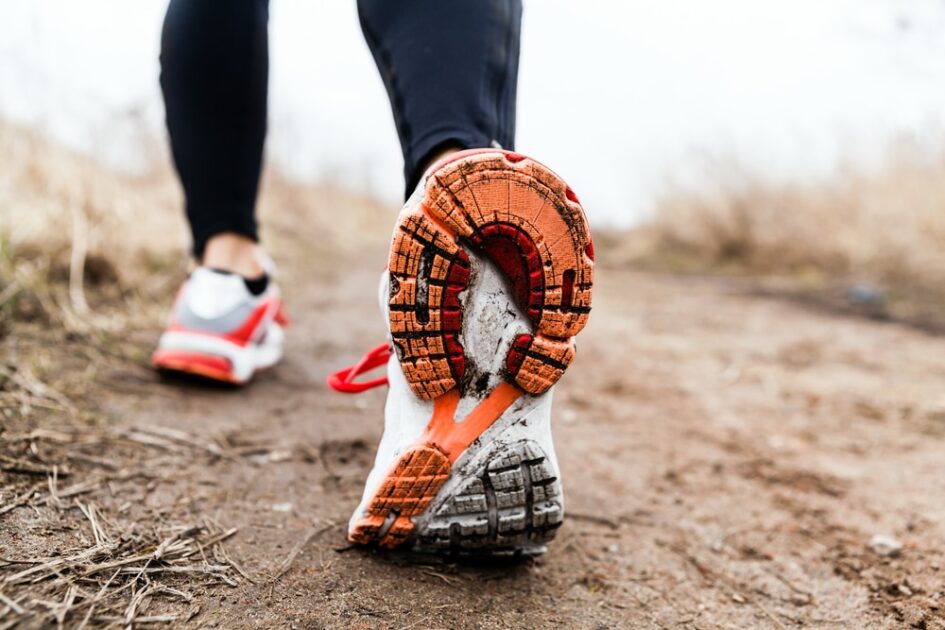Exercise can have a positive impact on your mental health
Whether your like walking in the park or playing a team sport, exercise can have a positive impact on your mental health

Winter is a challenging time of year for the two million people across Ireland and the UK who are thought to suffer from Seasonal Affective Disorder (SAD). Neither is the Christmas season the happiest time of year for all, for a variety of reasons.
If you’re feeling anxious, overwhelmed or struck by the blues this winter, chances are completely refraining from activity will hinder, rather than help, your ability to relax. If you can instead, why not pack your running shoes, grab some family or friends and head for your local park or beach?
The phrase ‘healthy mind in healthy body’ may ring as one of the most often-heard clichés, however, the benefits of regular aerobic exercise have been verified in clinical trials to treat anxiety disorders and clinical depression. Exercise reduces levels of stress hormones, such as adrenaline and cortisol, in the body and helps the production of endorphins, which are the body’s natural painkillers and mood elevators.
Involvement in sport or exercise can be a great way to make friends and meet new people. It can provide an escape from everyday life, but also help improve self-confidence and foster a sense of control, which can motivate you to achieve other goals.
The benefits of exercise for both mental and physical health are practically inexhaustible. What’s more, you don’t have to be an athlete to achieve these. If you keep active, for example by going for regular twenty-minute jogs or strolls, you should notice an improvement in your sleeping and your concentration levels.
If you cut back or reduce your use of depressant substances such as alcohol, drugs or cigarettes, you will be better able to cope with withdrawal symptoms if you are physically active.
If you need a further boost to help combat stress or anxiety, try things such as deep breathing or muscular relaxation which can be of huge benefit. For those with mild depression, physical activity of any sort can be as helpful as antidepressants or therapies such as cognitive behavioural therapy (CBT).
Familiar faces such as Irish singer Bressie have spoken openly about how sport and physical exercise helped them to cope with stress and anxiety. Writing on his blog about plans to take part in a triathlon and how he feels sport can help improve mental health, he said “it’s become the most powerful drug you can take”. “If you suffer from stress or anxiety, I can’t promise this will help, but I would be insanely surprised if it didn’t go some way to helping you deal with these issues”, he added.
Here are just some ways you can engage in exercise and boost your mental health without busting your wallet:
- Sign up to take part in one of the several GOAL miles taking place this Christmas
- Take a Christmas dip at the Forty Foot, Dublin or at one of the several charity sea swims taking place nationwide – here are some snaps from last year’s Forty Foot frolics
- Sign up to take part in the Cycle Against Suicide 2014 and get that training underway.
- Enjoy Ireland’s mountains, beaches, parks, and forests and get out for a run, jog, walk or cycle over the holidays.






